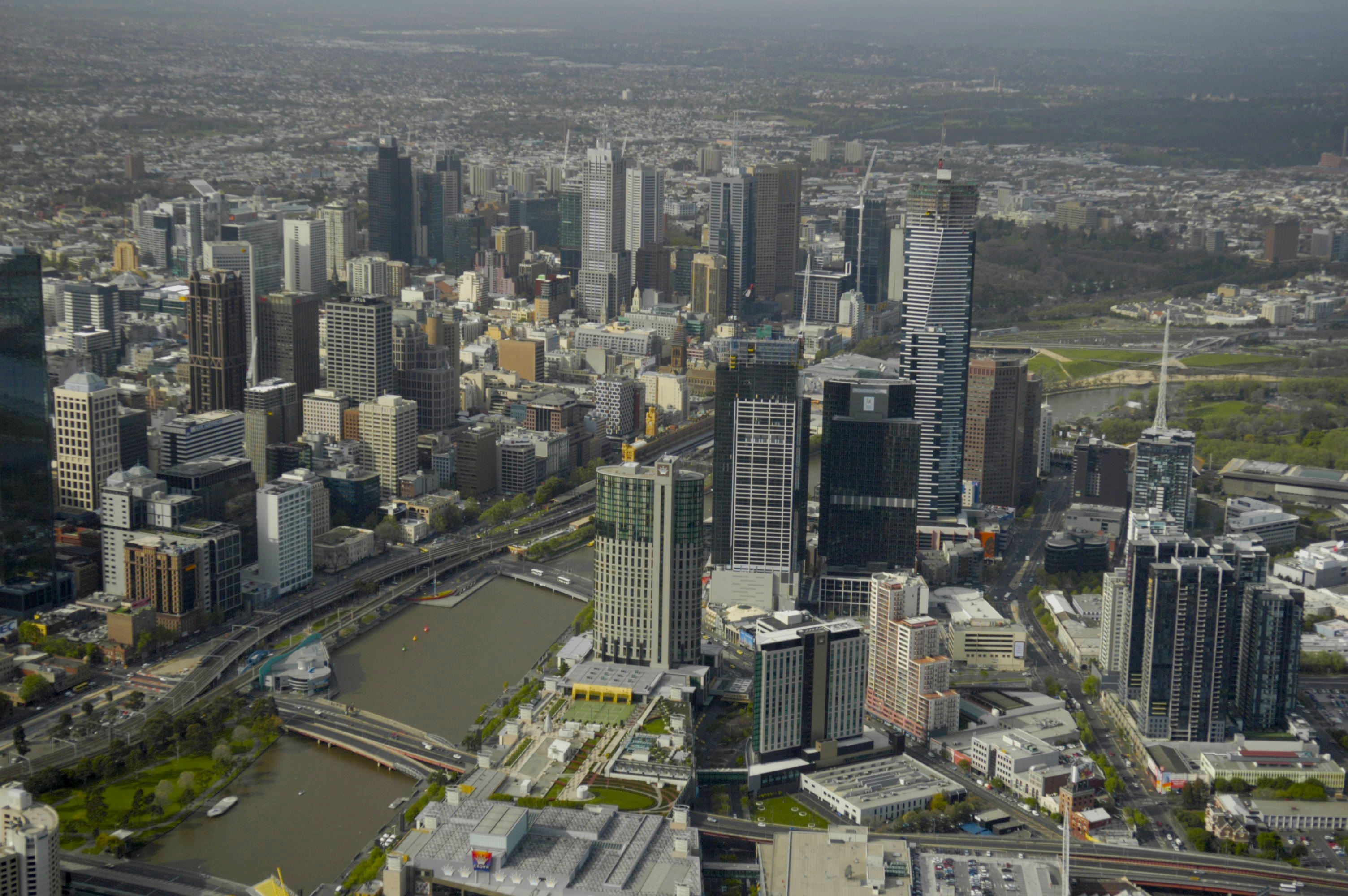In starting this blog, I wanted to explore the way we live and the spaces we live in. Focusing on the things we do as individuals, a community and a democratic state to create and improve our urban life, systems and design. With this in mind I want to start with a question. Actually how involved are we, as citizens, in the planning and construction of our shared urban space?
With over three hundred events, Melbourne just saw the passing of the largest Sustainable Living Festival yet. SLF director Luke Taylor says he was “blown away” by the response to the festival’s call for event applications. As I hiked my way around to different events in suburbs all over Melbourne, I found more than new bus and train routes.
There are actually quite a few sustainable projects going on around the city and many more people who want to get involved. Long gone are the days when sustainability festivals were excluded to the remnants of the sixties generation and left-wing environmentalists, today you find an enlightened middle class crying out to get involved.
RMIT Environment and Planning Associate Professor, Ian Thomas says it is imperative that citizens “are involved, not just that they feel they are involved” in urban planning process. He wonders where these people will be left after the SLF events are over. He is critical of both government and private developers for being incapacious, while not allowing true debate and input from citizens and community groups. “Developers (government and private) are practiced at providing information without real consultation or involvement,” says Thomas.
Events like SLF are great as an “entry level for those new to the conversation” says Kathryn Hegarty, RMIT Community Development lecturer. While it has done much to get the conversation started, she says, it is commercialised and not as inclusive as one would wish – it caters mostly to the economically and culturally privileged.
Hegarty calls on the planners to support lobbies and the community groups and to “work with them more effectively”. She blames the lack of inclusion on that fact that the government and developers do not wish to relinquish any control.
Although community events like SLF are a great platform for groups to present ideas network and innovate, it is disassociated from the government and developers who truly drive urban development. Just because the government attaches itself to the event through sponsorship does not mean it is actually listening.
Associate Professor Thomas envisions more local events and organisation, as the solution to engage citizens in urbanisation. “It is important that representatives of the community – for example NGOs – are talking with developers and their planners, but they need to be supported by the numbers of people (voters, purchasers of products and services).”
As private developers direct government decisions – not socially responsible planners – “it is most important that community members are up front putting their views and needs to government and businesses,” says Thomas.
At present the government and developers are detached from citizens and society on urban issues. Sustainable change will not come from a top-down government approach. And at present citizens will not even be invited to the table.
Change will come from the movement of voters and consumers towards sustainable policies, products and ways of life. Citizens must have access to information and organise around local issues, where the support base of locals can develop to encourage change on the main planning issues like land, resources or climate change.
Matt O’Leary


